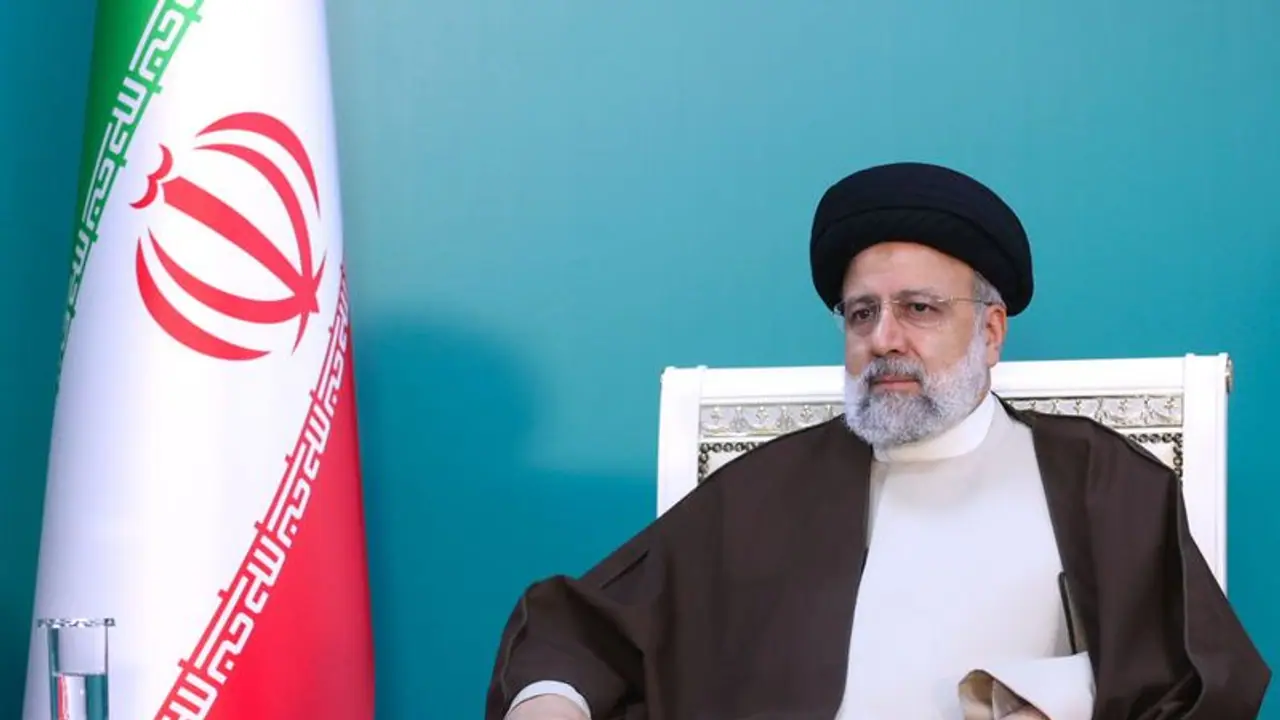Ebrahim Raisi's presidency reflected the public's desire for stable governance, winning 62% of the vote. His tenure was marked by significant events. As president, he focused on strengthening Iran's international relations and defence capabilities.Girish Linganna reports
The death of Iranian President Ebrahim Raisi was confirmed after the wreckage of his helicopter was recovered from the East Azerbaijan province on May 19. Iran's Vice President Mohsen Mansouri announced the demise of the 63-year-old publicly on Monday.

Also Read: Legacy of 'The Butcher of Tehran' & succession protocol explained
Ebrahim Raisi became Iran's president in 2021 at the age of 61. His presidency marked several significant international developments, including the restoration of diplomatic relations with Saudi Arabia without Western involvement. Additionally, Iran strengthened its relationships with Russia and China, moved away from using the US dollar, and joined the BRICS+ group during his tenure.
The reasons for the helicopter crash could vary and typically include mechanical failure, human error, or environmental factors, among other potential causes. Further investigations would be required to clarify the exact reason for this incident.
Raisi Represented Public's Desire
Ebrahim Raisi's election as president mirrored the public's desire for dependable governance. His win was anticipated by many experts well before the voting took place. Ultimately, 62% of voters chose Raisi, signalling a collective preference for stability, especially following two previous elections where the winning candidates were considered long shots by seasoned analysts.
As president, Raisi presented himself as a principled conservative who empathized with ordinary citizens, an image bolstered by his involvement in a namesake Islamic charity fund.
During his presidency, Iran experienced severe riots in 2022-2023, led by radical opposition groups. These were sparked by the tragic death of a young woman in police custody, serving as the catalyst for widespread unrest.
Raisi condemned the woman's death caused by activists and throughout the tumultuous period urged the public to exercise restraint and seek lawful means to express their grievances. This approach was well received by the populace.
Judicial Career Begins
Ebrahim Raisi was born into the Raissi family, with his father being a Shiite Islamic cleric, in Mashhad, Iran's second-largest city, on December 14, 1960. As a youth, he supported the Islamic Revolution of 1978-79 and was involved in the student uprisings.
Raisi studied at an Islamic school in Qom before completing his education in Islamic law at Shaheed Motahari University. He then entered Iran's judiciary, initially serving as the deputy prosecutor of Tehran from 1985 to 1989, and later as Tehran's prosecutor.
In 1994, Raisi was appointed as the head of Iran’s General Inspection Organization, a role he maintained until 2004, after which he was appointed deputy Chief Justice of Iran. He served as the prosecutor general of the country's Special Court for the Clergy from 2012 until his presidential election in 2021.
Strengthening International Ties
In 2021, representing the conservative Combatant Clergy Association Group, Ebrahim Raisi was elected as the President of the Islamic Republic of Iran, securing around 62% of the votes.
Throughout his presidency, Raisi pushed for stronger relationships with Russia and China and worked to improve relations with Sunni-majority Saudi Arabia, successfully reestablishing diplomatic connections with Riyadh. His leadership emphasized enhancing Iran’s capabilities to defend its interests and sovereignty, utilizing a combination of diplomatic and military strategies.
